Theodor Grigoriu: Byzantium after Byzantium
Theodor Grigoriu (born in Galaţi, Moldavia, in 1926) is one of the major Romanian composers in the period after Enescu. His vast output is little known outside his own country, although it includes oratorios, symphonies, cantatas, chamber music, film-scores and much more. His musical roots reach back to Romanian folk-music and to the modal melodies of ancient Byzantium — as in this large-scale triptych, Byzantium after Byzantium, which consists of a violin concerto, a sonata for solo violin and a sonata for violin and piano. All three works are performed here by Sherban Lupu, the violinist for whom the music was written.
Sherban Lupu, violin
Sinfonia da Camera, orchestra
Ian Hobson, conductor
Andrei Tănăsescu, piano
Listen To This Recording:
-
Trinity Concerto for Violin and Orchestra – Byzantium after Byzantium I (1994)
- I Panmelodion: The Song’s Long Journey up to Heaven
- II Threni: Oh, Golgotha!
- III Diaphania: The Eternal Movement
- I Psalm: Lord, stop the passage
- II Murmur: I know that where there’s no death there’s no love
- III Pastel: Long clouds have passed over the plains
- IV Epilogue: I kneel in the wind/There is no road that takes you back
- I Icons from the Past: Unseen stairs
- II Curtains of Oblivion: 12 interrupted fugitive variations
- III The Bells of Return: With brief evocations of Anton Pann
The Great Passage: Sonata for Solo Violin – Byzantium after Byzantium II (1999)
The Eternal Return: Sonata for Violin and Piano – Byzantium after Byzantium III (2004)
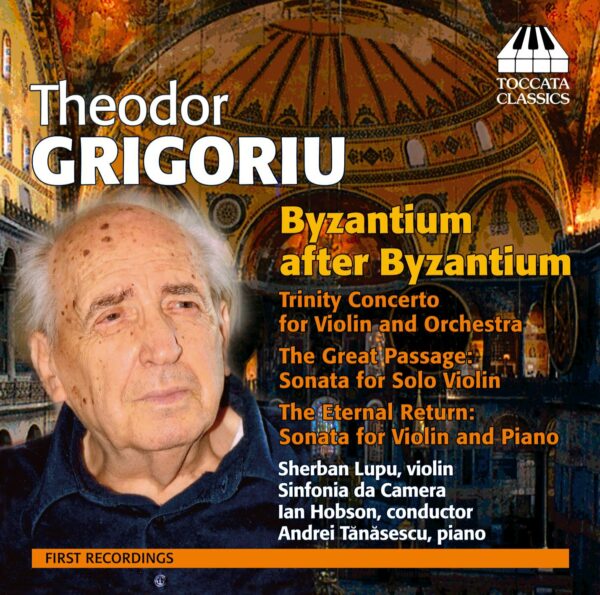
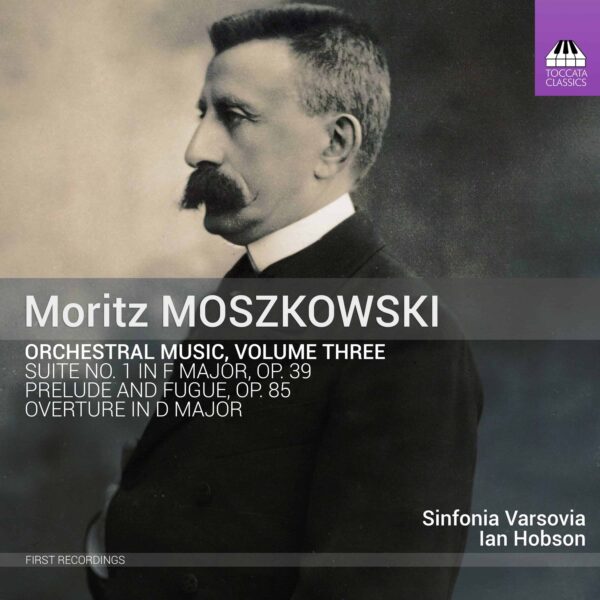
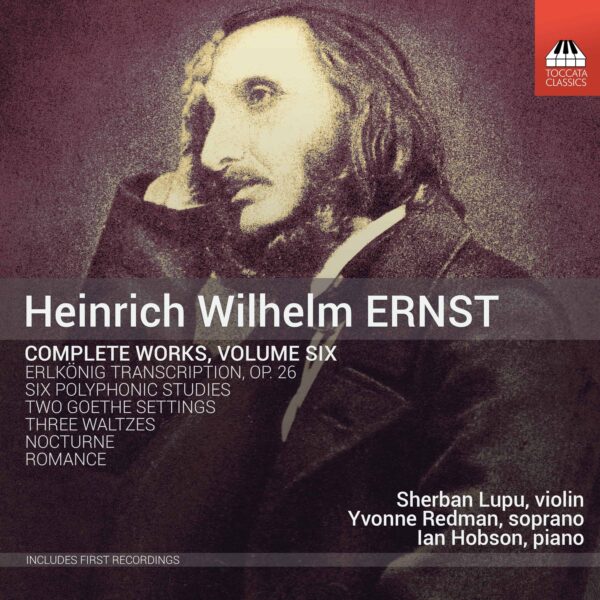
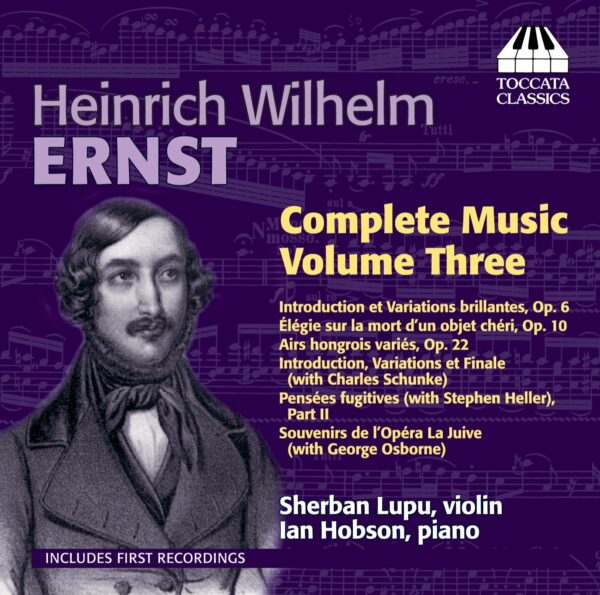
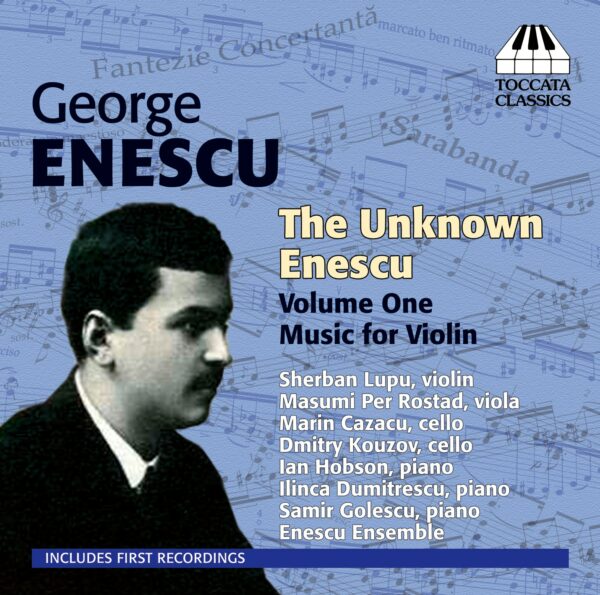
MusicWeb International :
‘He is not really an innovative composer but certainly a highly original one who, through conventional means and a solid craftsmanship in orchestration and motivic development, has acquired his own style and indeed language.’
—Gary Higginson, MusicWeb International
Fanfare Magazine :
‘Want List for Maria Nockin [2013]
Composer Theodor Grigoriu writes music that makes use of Romanian traditions. In Byzantium after Byzantium, his music is steeped in the culture of the Orthodox Church. His Trinity Concerto combines a well-crafted, harmonically evolved orchestration with the sounds of ancient Byzantine music, and the mixture is intoxicating. If you have ever enjoyed Orthodox Church music you will want this disc.’
—Maria Nockin, Fanfare Magazine November/December 2013
American Record Guide :
‘…Grigoriu is a man of no mean talent, that’s for sure. He uses Romanian and Byzantine elements, and there’s a mysticism redolent of Messiaen. The dissonance is bearable, generally no farther out than Bartok and less punchy.’
—Stephen Estep, American Record Guide
Classical Modern Music Review :
‘The solo violin part is handled in rather spectacular fashion by Sherban Lupu. […]
It’s a bit of a blockbuster. The performances are seemingly definitive. Lupu, the orchestra and Tanasescu excel in their interpretations of the music, especially the violinist. It is clear that Grigoriu is an important force in Romanian music, the heir to Enescu’s fire, his modern counterpart, yet wholly intact in his own right. Give this one a close listen!’
—Greg Applegate Edwards, Classical Modern Music Review
Fanfare Magazine :
‘Grigoriu’s music demands virtuosity and Lupu plays the solo part with great intensity and exquisite grace. British conductor Ian Hobson never lets the tension sag […]
Grigoriu’s music deserves to be far more widely heard and it’s possible that recordings will do that. This Toccata recording has clear sound and the balances are well organized, but most importantly, it is fascinating music. I think many readers will want to own this CD.’
—Maria Nockin, Fanfare Magazine September/October 2013